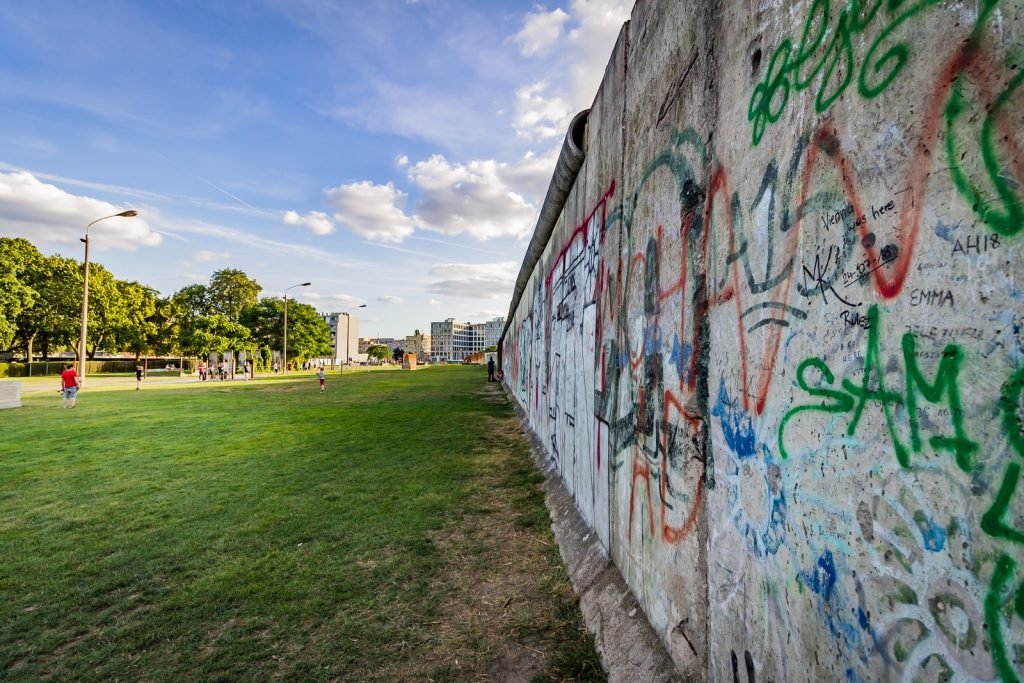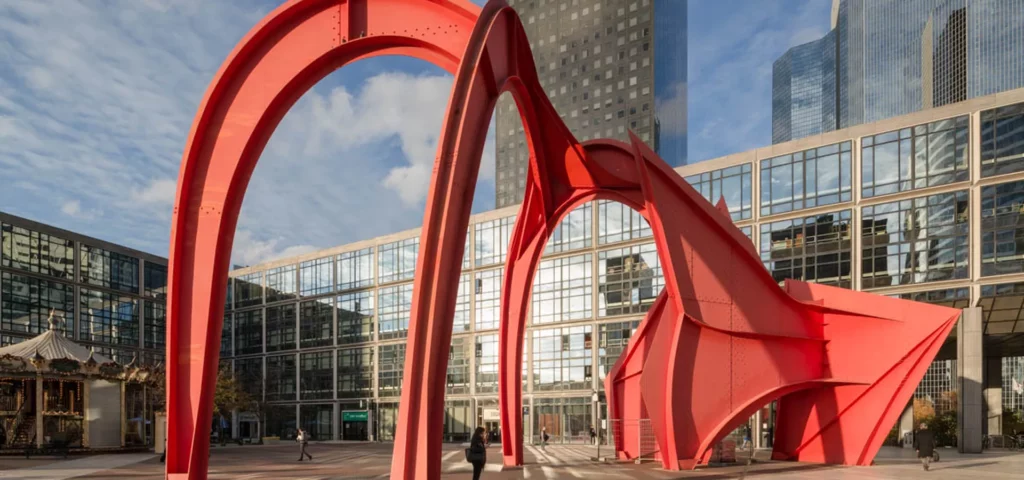Power, Subject and Agency (INT-17570)

Day 1: Critical Psychology – A subject-scientific approach to Psychology! In this course, students will have the possibility to engage with the concept of Critical Psychology. The relationship between the subject of knowledge (the scientific researcher) and the object of knowledge (the object studied) will be discussed. Therefore, the nomothetic versus interpretive character of the […]
What went wrong? Dominant ideas since the erection of the Berlin Wall

Having overcome the destruction of the Second World War, by the early 1960s the world seemed set on a course to ever greater freedom (political and personal), affluence and solidarity. As the Berlin Wall came up in 1962, half the world remained behind it. But even there, greater freedom and a better life for all […]
Prevention and Investigation of Financial Crimes: AML & CTF

Masterclass/workshop on practical aspects of AML/CTF in relation to prevention and investigation of possible financial and economic crimes. Several aspects of AML/CTF within the context of their typology as financial crimes are going to be discussed. Some AML/CTF typologies based on practical cases would be analyzed. Some conclusions and recommendations to practice are going to […]
Critical Thinking and Argumentation

The course introduces the main concepts and tools of critical thinking. The goal of the course is to offer basic understanding of contemporary views on the structure and scope of critical thinking and argumentation and the ways of their implementation in discussions and texts. It focuses on the problems of logical analysis and its application […]
Developmental Psychopathology – Autism Spectrum Disorders and ADHD – theory and practice

The course will offer an introduction to the biological foundations of Autism Spectrum Disorders and ADHD – clinical features, assessment methods and research. The signs and symptoms in the dynamics of the disorders will be presented from a neurobiological perspective and in the context of genetics, neuroimaging, neurochemistry, and disease biomarkers. Examples of tests and […]
Basics of Artificial Intelligence

Organizational unit: Centre for Transferable Skills Course type: Intensive course What is artificial intelligence and what can it do today? What are the technical basics and what effects does artificial intelligence have on work and society? The seminar looks at the technical and methodological foundations of artificial intelligence, gives an overview of today’s fields […]
Gender and Diversity in Negotiations

Organizational unit: Centre for Transferable Skills Course type: Intensive course Psychological research on negotiation and gender has developed considerably in recent years. For example, it has found evidence that women who stand up for themselves in negotiations often experience social backlash (e.g., Kuli & Olekalns, 2012; Kray & Thompson, 2004; Williams & Tiedens, 2016). […]
Developing Writing Skills

Organizational unit: Centre for Transferable Skills Course type: Online course This course for non-native speakers provides students of all disciplines with the skills required to develop their academic writing in English. It is suitable for those who have to complete English assignments in any discipline. You will learn practical, transferable strategies – such as […]
Art in public spaces

In this course students will have the chance to study the relationship between artworks and their environment. Starting from the observation of historic and contemporary works – ranging from monuments to street art- we will question the different forms of dialogue between art and public space, including their urban, cultural and political context. Students are […]
Portfolio Choice over the Life Cycle

Organizational unit: Department of Economics Course type: Hybrid intensive course The course “Portfolio Choice over the Life Cycle” consists of two parts: 1.) Theoretical part: In this part, the concept and relevance of portfolio choice and of life cycle models in general will be introduced. Furthermore, we will discuss research on how to choose optimal […]